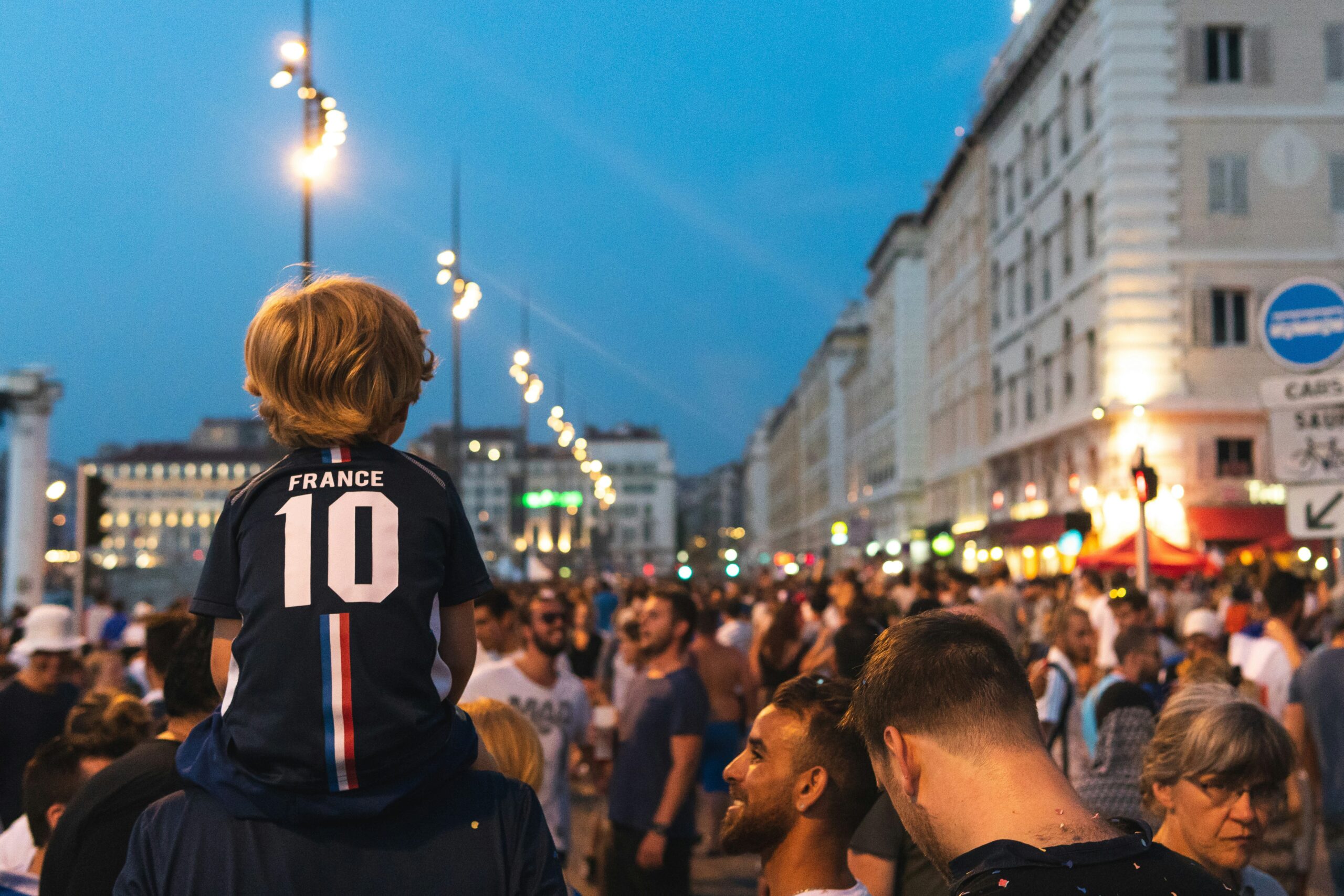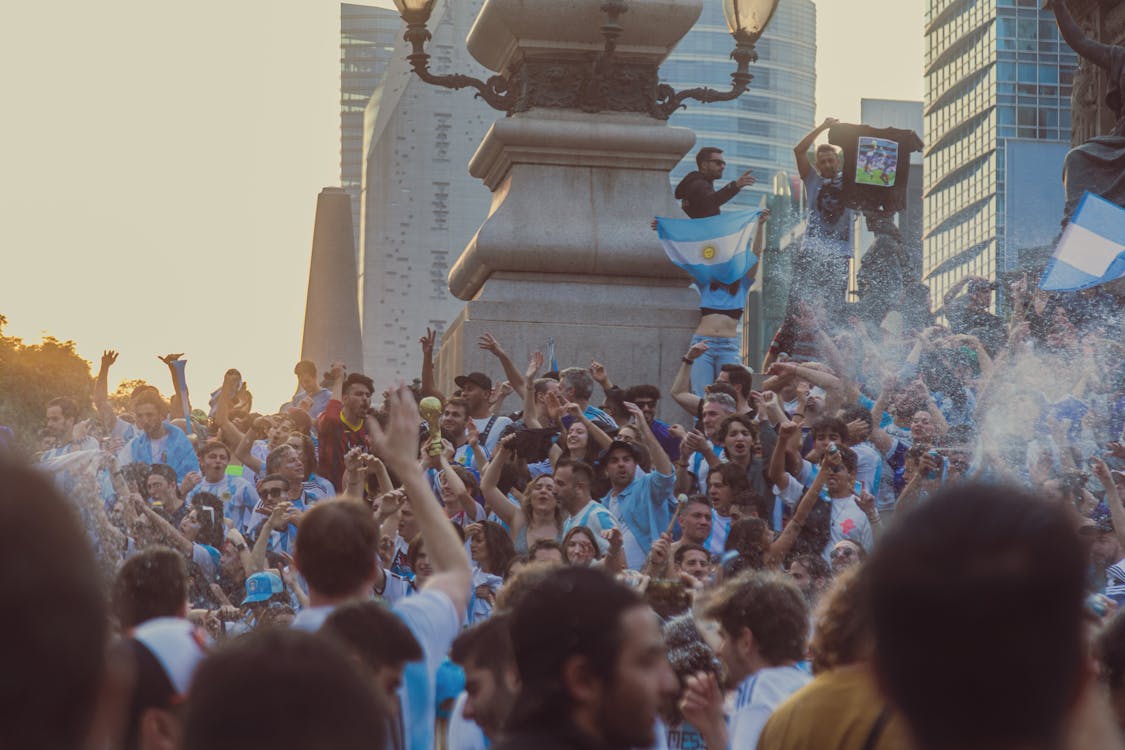The FIFA World Cup: A Celebration of Global Football Excellence
The FIFA World Cup is more than just a tournament; it’s a global phenomenon that captivates millions and unites people from all corners of the world through a shared passion for football (soccer). Held every four years, this premier sporting event celebrates athletic prowess, national pride, and the universal love of the beautiful game. In this blog post, we’ll dive into the history, significance, and impact of the FIFA World Cup, exploring what makes it one of the most prestigious and eagerly anticipated events in the sports calendar.
The Origins of the FIFA World Cup
1. The Birth of the Tournament:
The idea for a global football tournament was conceived by Jules Rimet, the president of FIFA (Fédération Internationale de Football Association), in the early 20th century. The inaugural FIFA World Cup took place in 1930 in Uruguay, marking the first time that national teams from around the world competed for the title. Uruguay was chosen as the host nation to coincide with its centenary of independence and to celebrate the success of its national team, which had won the Olympic gold medal in 1924 and 1928.
2. The Trophy:
The original trophy, known as the Jules Rimet Trophy, was awarded to the winners until 1970. Brazil’s third victory in 1970 allowed them to keep the trophy permanently. It was then replaced by the FIFA World Cup Trophy, which remains in use today. The current trophy, designed by Italian artist Silvio Gazzaniga, symbolizes the spirit of the game with its depiction of two figures holding up the world.
The Significance of the FIFA World Cup
1. Global Unity and National Pride:
The World Cup serves as a platform for national pride and unity. Teams representing their countries come together to compete on the global stage, and fans from around the world rally behind their national teams with unwavering support. The tournament fosters a sense of collective identity and shared enthusiasm, transcending cultural and geographical boundaries.
2. A Celebration of Football Excellence:
The World Cup showcases the highest level of football talent, with top players from across the globe competing for supremacy. The tournament is a showcase of skill, strategy, and sportsmanship, providing a stage for both established stars and emerging talents to make their mark. Legendary players like Pelé, Diego Maradona, and Lionel Messi have achieved iconic status through their World Cup performances.
3. Cultural Impact:
The World Cup has a profound cultural impact, influencing everything from fashion and media to local traditions and festivities. The tournament brings together diverse cultures and creates a unique global celebration that extends beyond the confines of the football pitch. The vibrant atmosphere of the World Cup fosters cultural exchange and promotes mutual understanding among nations.
The Format and Evolution of the Tournament
1. The Format:
The FIFA World Cup features a series of qualifying rounds leading up to the final tournament, which is contested by 32 national teams (expanded to 48 teams starting from the 2026 World Cup). The tournament is divided into a group stage, where teams compete in round-robin matches, followed by knockout rounds that determine the finalists. The competition culminates in the final match, where the two remaining teams vie for the prestigious title.
2. Evolution Over Time:
Since its inception, the World Cup has evolved in terms of both format and scale. The tournament has grown from its initial 13 teams to 32, with plans to expand to 48 teams starting in 2026. Advances in technology, including video analysis and goal-line technology, have enhanced the accuracy and fairness of the competition. The World Cup has also seen the inclusion of women’s tournaments, with the FIFA Women’s World Cup becoming a prominent event in its own right.
Memorable Moments and Legends
1. Iconic Matches and Moments:
The World Cup has produced countless memorable moments that have become etched in football history. From Pelé’s brilliance in 1958 to Diego Maradona’s “Hand of God” and subsequent “Goal of the Century” in 1986, the tournament is a treasure trove of extraordinary performances and dramatic matches. The 1998 World Cup final, where Zinedine Zidane scored twice for France, and the 2014 final, with Mario Götze’s decisive goal for Germany, are among the many highlights.
2. Legendary Players:
The World Cup has been graced by some of the greatest footballers in history. Pelé, with his three World Cup titles, remains an enduring symbol of football greatness. Diego Maradona’s skill and flair defined an era, while modern stars like Lionel Messi and Cristiano Ronaldo continue to leave their mark on the tournament.
The Impact on Host Nations
1. Economic and Social Impact:
Hosting the World Cup brings significant economic and social benefits to the host nation. The tournament drives tourism, boosts local businesses, and stimulates infrastructure development. Stadiums, transportation networks, and hospitality services are often upgraded to accommodate the influx of visitors. However, hosting also comes with challenges, including the financial costs and logistical complexities involved.
2. Legacy and Inspiration:
The World Cup leaves a lasting legacy in host countries, often inspiring future generations to engage in football and participate in sports. The development of football programs, youth academies, and community initiatives are part of the positive legacy that extends beyond the tournament itself.
Challenges and Future Prospects
1. Controversies and Challenges:
The World Cup has faced various controversies, including issues related to corruption, human rights, and environmental impact. Addressing these challenges requires ongoing efforts to uphold the values of fair play, transparency, and sustainability.
2. The Future of the World Cup:
Looking ahead, the World Cup continues to evolve, with changes such as the expansion to 48 teams and the introduction of new host cities and formats. The tournament remains a celebration of football’s global reach and its power to unite people across cultures and continents.
Conclusion
The FIFA World Cup is more than just a football tournament; it’s a celebration of global unity, sporting excellence, and cultural exchange. From its historic beginnings to its modern-day grandeur, the World Cup captures the imagination of millions and embodies the universal love for the beautiful game.
As the world eagerly anticipates each new edition of the tournament, the FIFA World Cup continues to be a beacon of hope, inspiration, and shared joy, reminding us of the power of sport to bring people together and celebrate the best of humanity.










